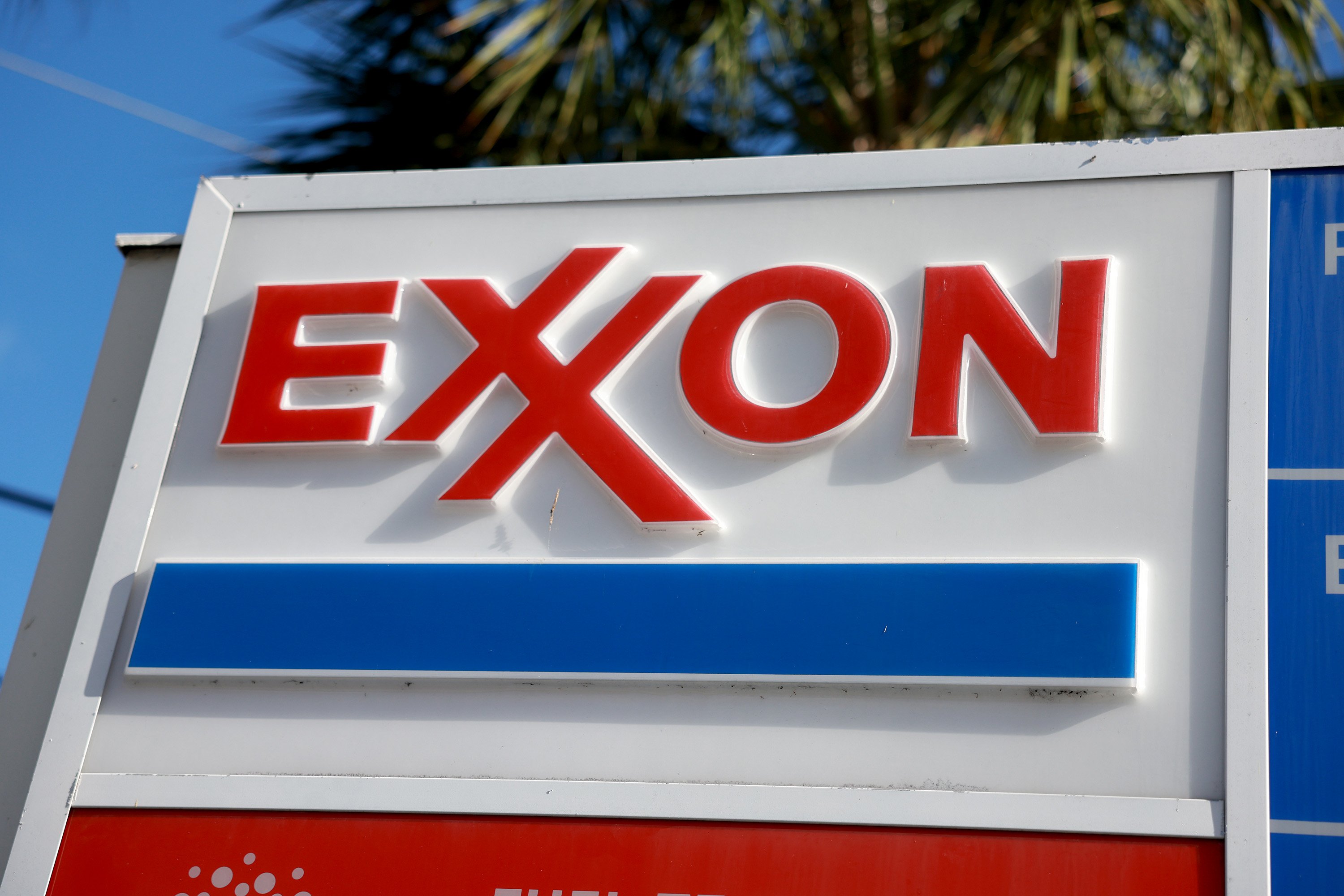As Iraq's newest war continues to escalate, more parts of the country continue to fall. The Islamic State of Iraq and Syria, the primary antagonist in the war, has seized portions of the oil-rich nation's production capacity. Today, it may be useful to take stock of what has changed hands, who has it, and which companies stand to gain or lose from it.
ISIS expands: Key losses in central Iraq
The big loses to the ISIS militants are in refinery capacity, as the Baiji Refinery, Iraq's largest, has fallen. Iraqi officials have made several dubious claims of having retaken the site militarily, but the site remains shut down and likely will for the foreseeable future. The loss is causing petrol shortages in other parts of Iraq.
The other noteworthy loss is the Ajeel Field, a site of about 28,000 bpd production just outside of Tikrit. The site is part of a concession owned by the Swedish Crown Energy AB subsidiary Tigris Oil. Tigris Oil has production-sharing rights with the Salaheddin Province, but with most of the province lost to ISIS it is no longer clear if they will ever be able to take advantage of them. Though 28,000 bpd isn't huge, the loss is significant, and Ajeel Field has deep reserves. Future development is a major question mark across the area.
Oil-rich Kirkuk: Kurdistan's big win up for grabs
The Kurdistan Regional Government has seized Kirkuk, and some 500,000 bpd in production from Iraq's state-owned oil company has ground to a halt. The takeover is likely not temporary, and Kurdish officials have ruled out returning Kirkuk to Iraqi control.
The Kurds have long had designs on Kirkuk as a future capital for an independent Kurdistan, and had deals in place for a referendum on Kirkuk's status. The Iraqi government reneged on the promised referendum, and in the chaos of the ISIS war, the Kurdish Peshmerga forces simply decided to settle the matter by seizing the city outright.
BP plc (BP +0.47%) had the inside track on future oil development in Kirkuk with the Iraqi central government, but if Kirkuk remains Kurdish, and the current trends suggest it will, that may no longer matter.
Kurdistan: Bound for independence
Indeed, current indications are that not only will the Kurdistan Regional Government retain Kirkuk, but its independence from Iraq is a likely result of this war. While the US currently opposes Kurdish secession, others in the region see it as a foregone conclusion, and Kurdish President Massoud Barzani has been pushing hard for the Kurds to "seize the opportunity" they've been given.
Kurdish independence, in addition to a longtime ambition of the ethnic Kurdish population of the region, could be an investor's dream. While Iraqi oil contracts have been comparatively stingy with the payouts, Kurdistan has offered very lucrative development terms for companies developing in their territory. Ending the dispute with Iraq's central government over whether or not the Kurds can offer such deals would be a huge win.
Kirkuk's 500,000 bpd production would also likely be up for grabs, and could be a huge money maker for whoever lands it. BP plc's experience with the Iraq bidding process may help them in this effort, though the real advantage would go to ExxonMobil (XOM +1.42%) and Chevron (CVX +1.82%), which are the two largest producers in Kurdistan and have developed close ties to the Kurdish government.
Buying by the numbers
As the largest player in Kurdistan already, ExxonMobil is probably the surest bet to benefit from Kurdish independence. Investing in them at these prices means a P/E of 13.79, about 2.5 times book value, and a 2.7% dividend yield.
Chevron is a little cheaper on all fronts, with a 12.69 PE, trading at just 1.65 times book, and a 3.2% dividend yeld. While not as big in Kurdistan at present as ExxonMobil, Chevron is growing much faster in the area, and seems serious about becoming a top player. If and when Kirkuk is up for grabs, expect it to be a top bidder.
BP plc doesn't have the strong existing ties to the Kurds the other two have, but as the main negotiator with the central government in Kirkuk, they likely have development plans further along than the others. Trading at a P/E of 16.36 and a book value of only 1.26, they can be had relatively cheap. The forward P/E of 10.60 and the dividend yield of 4.4% make them worth serious consideration.
It's tough to underestimate how much the Kirkuk oil fields could be worth in an independent Kurdistan, but investing in a company on the hopes it will secure a big chunk of Kirkuk is inevitably a long-term bet, and one which requires close observation of changes on the ground.








